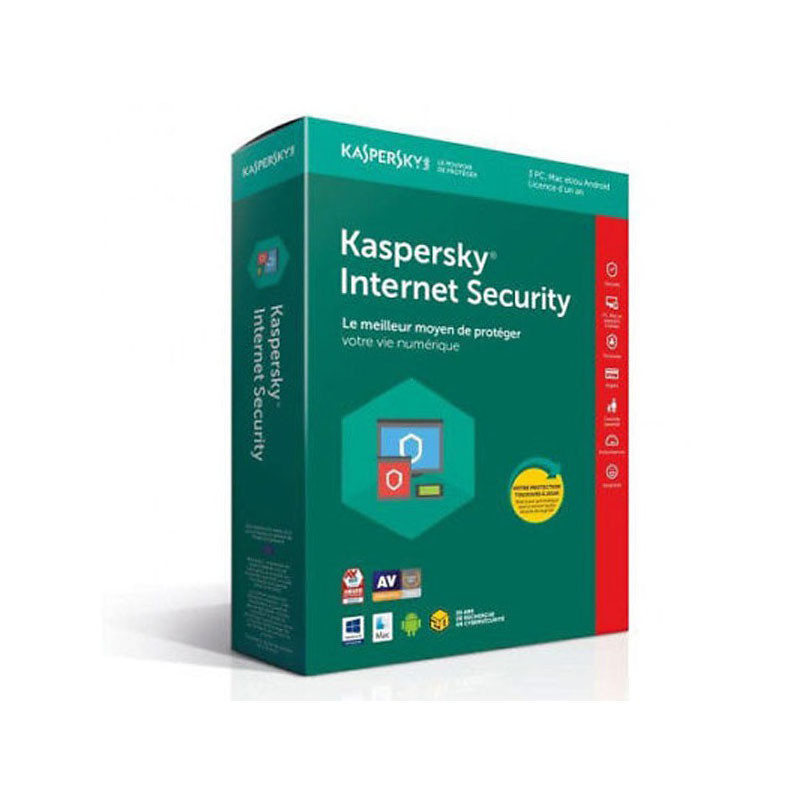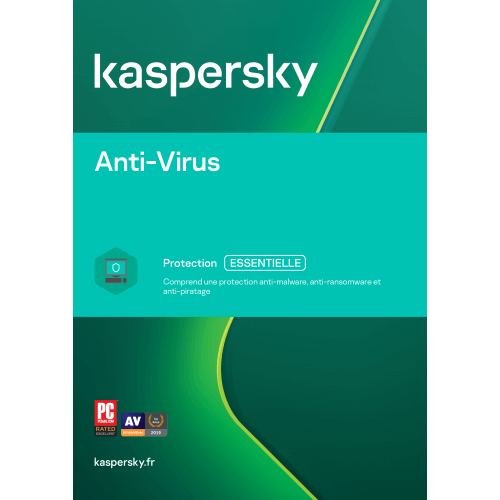

When the company’s researchers realized what they had received, they immediately deleted it.

Like most antivirus tools, Kaspersky forwards suspicious files to the cloud for analysis, including this sensitive file. An NSA consultant, against protocol, copied the document to his own laptop, which was protected by Kaspersky Anti-Virus. Prior to this policy, in 2017, the Department of Homeland Security issued a Binding Operational Directive instructing federal agencies to discontinue all use of Kaspersky (Opens in a new window) products.Īround that time there was an incident, cited by some as evidence of malfeasance by Kaspersky, involving a secret NSA document. Kaspersky remained fully available to you, me, and any other American individuals. The policy didn’t come with a list of justifications, and it affected only government entities. In September of 2019, the Federal Acquisition Regulation Council put forth a policy forbidding federal agencies (Opens in a new window) to purchase Kaspersky products. This isn’t the first time Kaspersky has come under fire for its Russian origins. These bans, blacklistings, and censures still don't come with any hard evidence of inappropriate behavior, but their sheer volume begins to add up. Even bug bounty and report clearinghouse HackerOne has banned Kaspersky. Kaspersky's situation continues to worsen, with additional US government agencies, as well as overseas agencies, blacklisting the company.

Why, then, would anyone consider buying antivirus protection from (as one reader put it) “a goddamn Russian company” like Kaspersky? Major credit card providers have suspended operations in Russia, and global banking exchange Swift has cut off Russian banks. You can’t watch Netflix in Novgorod, buy Intel chips in Irkutsk, or dine at McDonalds in Moscow.


 0 kommentar(er)
0 kommentar(er)
